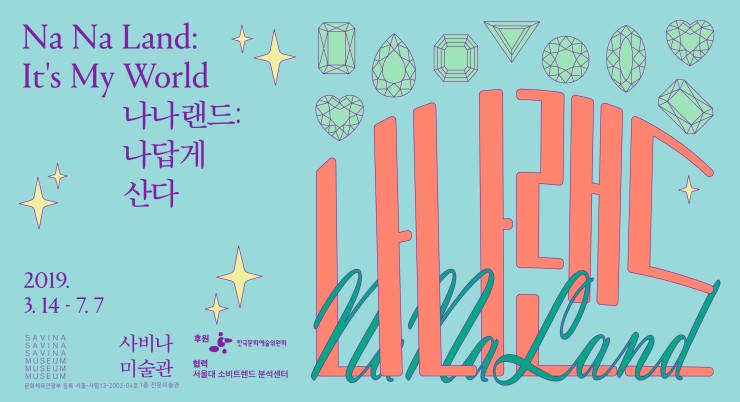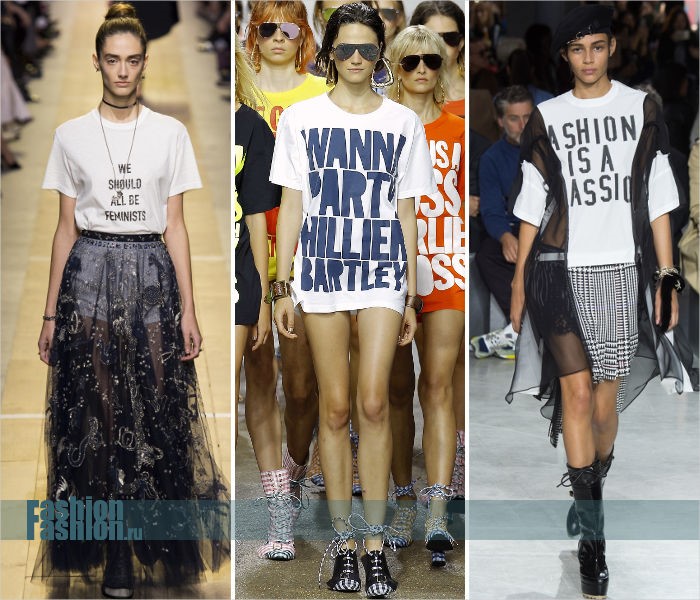 |
| ▲ Na Na Land is becoming more and more popular nowadays. Even exhibitions are being held about it. (Picture from Savina MusuemWebsite) |
Living up to societal norms and cultural standards can be exhausting. People have grown tired of monotonous routines and having to conform to the behavior of the masses. Living your life every day to suit the will of others and ignoring your own self-care and personal needs is a lifestyle that is coming to an end. Instead, it is being replaced by a culture based on fulfilling the needs of the individual. What we are seeing today, is the growth of the 'I' centered culture.
The most representative example of the 'I' centered culture comes out of the newly coined expression, ‘Meaning Out’. In fact, Meaning Out was selected to represent teenage consumption trends for 2018 by the Seoul National University Consumption Trend Analysis Center. Meaning Out combines the words ‘meaning’ which represents one’s own beliefs and ‘out’ as a means to reveal them. This culture not only includes revealing my likes and dislikes, but also reveals personal preferences, values, political or social tendencies. It has taken root with the hashtag #meaningout so users can quickly share their political or social beliefs on social media, to make it easier for others to search for common threads and to evoke or raise social problems.
Unlike a demonstration that may lead to court action or a petition demonstrating the will of the people, the hashtag “Meaning Out” is popular because it easily connects people with the same beliefs easily through social media. This method of social action is easier and psychologically less burdensome than traditional protest methods because it spreads quickly through social media.
There are many ways one can take part in a Meaning Out protest. The most representative is through our consumption culture, where supporters make conscientious purchases from ethical businesses, while boycotting those who are not. In fact, when Prada released products with pro-Japanese designs, calls for a brand boycott spread through social media. Another way you can take part in a Meaning Out protest is by purchasing ‘Slogan fashion’. This can be clothes, bags, hats, and so on, that symbolize support for a particular social message. For example in South Korea, a yellow bracelet and commemorative ribbon were created to remember the victims of the 'Sewol’ ferry sinking and to call for a quick return of the missing to their families.
 |
| ▲ Popular brands like Christian Dior demonstrating "Meaning Out" protest through releasing slogan t-shirts that expresses our thoughts. (Picture from Pinterest) |
The expression ‘Na Na Land’ might also be a very appropriate way to describe how deep the new generation is entrenched in the “I” centered culture. The word, ‘Na’ means ‘me’ in Korean. According to Trend Korea in 2019, this expression refers to people who pursue their own personal values and do not conform to a standard set by society. At first sight, this expression might evoke memories of the movie ‘La La Land’ and it should. Na Na Land is intended on being a play on the movie name as the film represents a group of dreamers, while Na Na Land is a group of nonconforming people who love and accept themselves just the way they are.
There are many examples of Na Na Landers. For example, those who support body positivity. They believe that no matter how fat or how skinny a person may be, they should never be ashamed of their appearance. Celebrity Lee Young-Ja, who was on the front cover of Cosmopolitan magazine is a prime example. Even though she is not supermodel skinny, she stands proudly on the front cover of the magazine. Female Na Na Landers are also refusing to put on makeup or wear restrictive corsets because they believe in their natural beauty. More and more women are giving these things up and choosing instead to embrace their natural beauty. Na Na Land is not exclusive to women. Many men are beginning to reject their traditional masculine roles in favor of a less toxic environment to grow as people.
This new world, focused on the individual, has led to the creation of a new consumption trend called ‘Meconomy’. Meconomy is a combination of the words ‘Me’ and ‘Economy’ and first emerged in the book <The Age of Access> by Jeremy Rifkin where he referred to a prosumer; a person that can produce and consume at the same time, thanks to the development of the network environment, digital technology and new media platforms. However, today its meaning has expanded to include consumption for the pursuit of happiness or pleasure in daily life. People no longer consume cheap or cost-effective products because they are buying for one. Nowadays they tend to consume products that maximize their satisfaction, no matter the cost. The Meconomy is slightly different from 1conomy which refers to a one-person economy, enjoying the solo life which emerged out of the growth of one-person households. The point of Meconomy is to spend on “me”, buying myself gifts. Self-gifting can be a comfort, reward, or act as motivation for the individual. Some people even open installment savings plans for self-gifting. Compared to a gift from others, self-gifting can teach you how to love yourself. But Meconomy is not all about spending lots of money. Doing some as simple as preparing a good quality of meal for yourself is another way to promote Meconomy. People who pursue a Meconomy lifestyle do not skip meals or substitute them with a beverage because they want to enjoy the experience of eating a high-quality meal, instead of settling for fast food. As a result of this trend, the food industry is working to produce small packaged high-quality meals food for single households. Convenience stores are now selling half bottles of wine and steak for 1 person. Those who adopt the Meconomy lifestyle also tend to focus more on their hobbies. To increase satisfaction in their lives, they register for lectures and other activities related to their hobbies at local cultural and community centers. Demand for high-priced hobby supplies such as drones has also risen.
 |
| ▲ Self-gifting is a key point of Meconomy, to spend on me. (Picture from She.Leads.Africa) |
There was a time when people didn’t have enough time to think for themselves and like sheep, just followed the thoughts and behaviors of others. They compared themselves to the masses and tried to fit in the cookie cutter social criteria. However, the stress of keeping up and always comparing yourself to others made people feel like they were falling behind and this often led to depression. As a result, me, myself and I generation has been touted as the new key to a lifetime of happiness. The individual matters more than ever. Today, people focus on themselves; what they like, what they want, and don’t hesitate to express who they are. Social phenomena such as ‘Meaning Out’, ‘NanaLand’ and the ‘Meconomy’ are reflections of this trend. People now chase their personal values instead of social norms with the goal of creating their own lifetime of happiness.
Mak Hao Yang, 김민, 한혜원, 김도현 dankookherald@gmail.com

![[Campus Magnifier] Let's Surf the Library!](/news/photo/202404/12496_1765_4143.jpg) [Campus Magnifier] Let's Surf the Library!
[Campus Magnifier] Let's Surf the Library!
![[Campus Magnifier] Let's Surf the Library!](/news/thumbnail/202404/12496_1765_4143_v150.jpg)





